U.S. house passes net neutrality bill but leaves the devil in the details and its fate to the senate
![istolethetv from Hong Kong, China [CC BY 2.0 (https://creativecommons.org/licenses/by/2.0)] El diablo](https://www.tellusventure.com/images/2019/el_diablo.jpg)
A network neutrality bill cleared the democrat-controlled U.S. house of representatives yesterday and is on its way to the U.S. senate, where republican leader Mitch McConnell has been widely quoted as saying it’s “dead on arrival”. The vote in the house was “mostly along party lines”, with only republican – Bill Posey (R – Florida) – joining democrats, according to The Hill.
The text of the bill hasn’t been posted yet. The first draft simply reinstated the Obama-era net neutrality rules and blocked the Federal Communications Commission from making any changes.… More


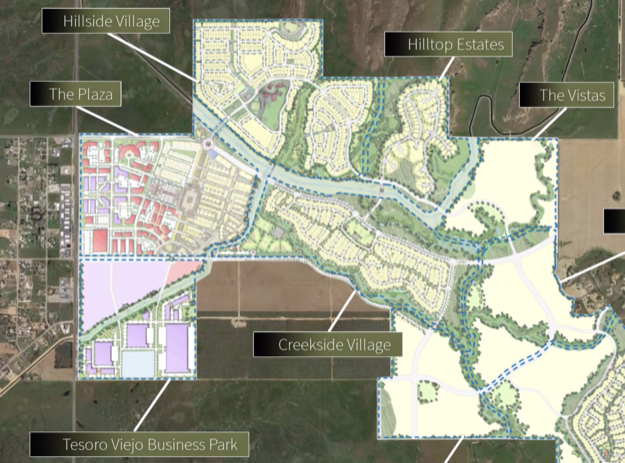
![By Matt Shirk [CC BY-SA 4.0 (https://creativecommons.org/licenses/by-sa/4.0)], from Wikimedia Commons](https://www.tellusventure.com/images/2018/6/online_privacy_declaration_of_independence_625.jpg)
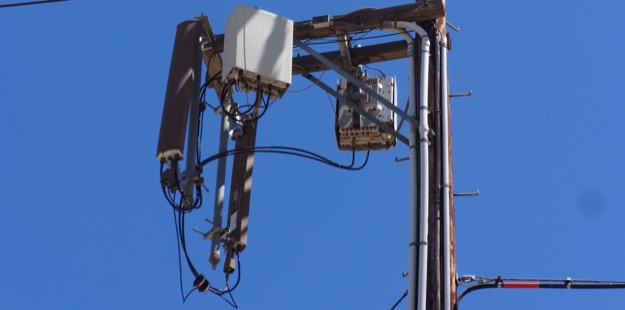
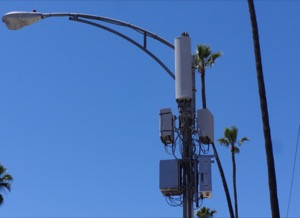
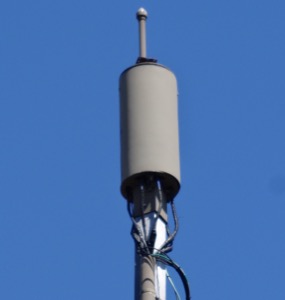
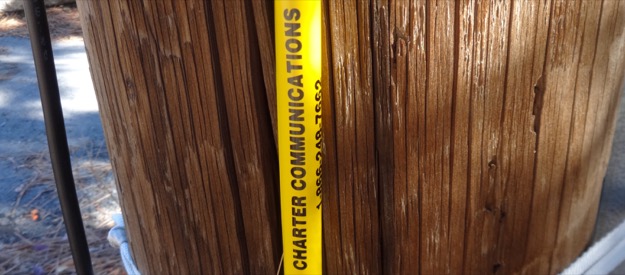
![Millsbi [CC BY-SA 4.0 (https://creativecommons.org/licenses/by-sa/4.0)] Wireless broadband hub](https://www.tellusventure.com/images/2019/wireless_broadband_hub.jpg)
![ManoSeca [Public domain] Remote road](https://www.tellusventure.com/images/2019/remote_road.jpg)